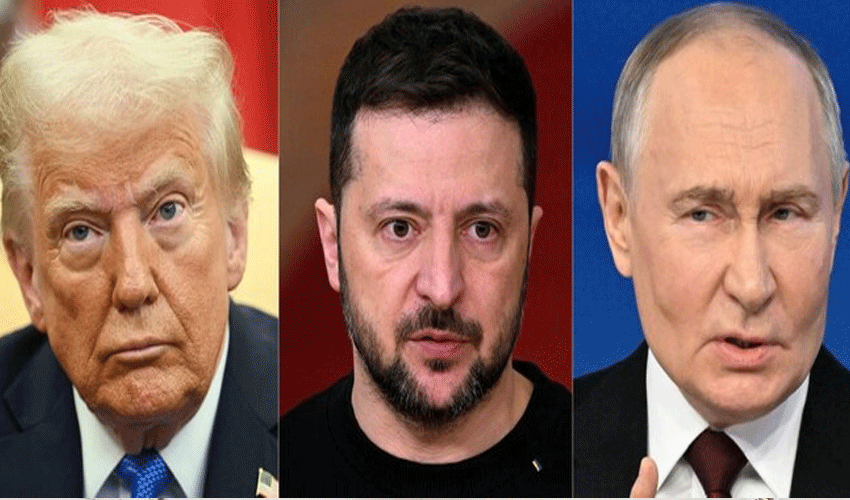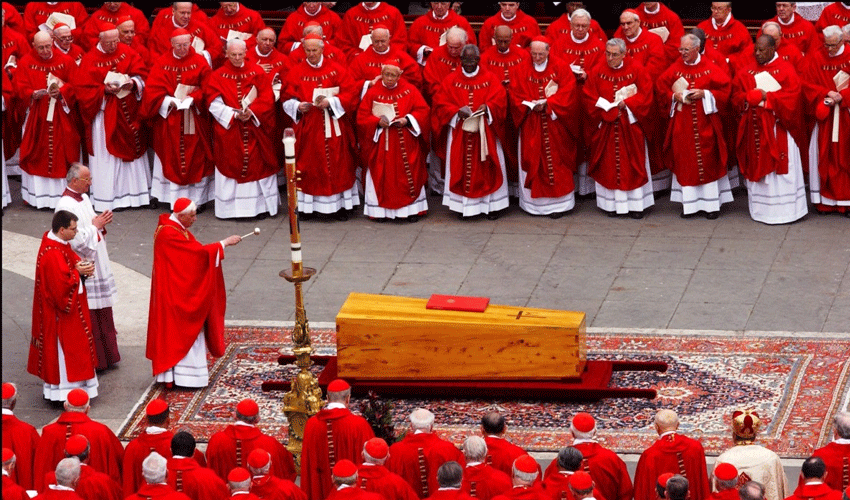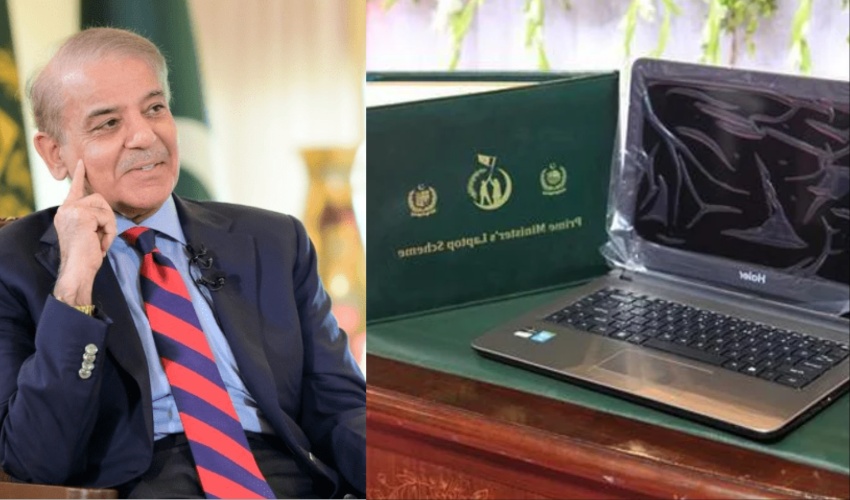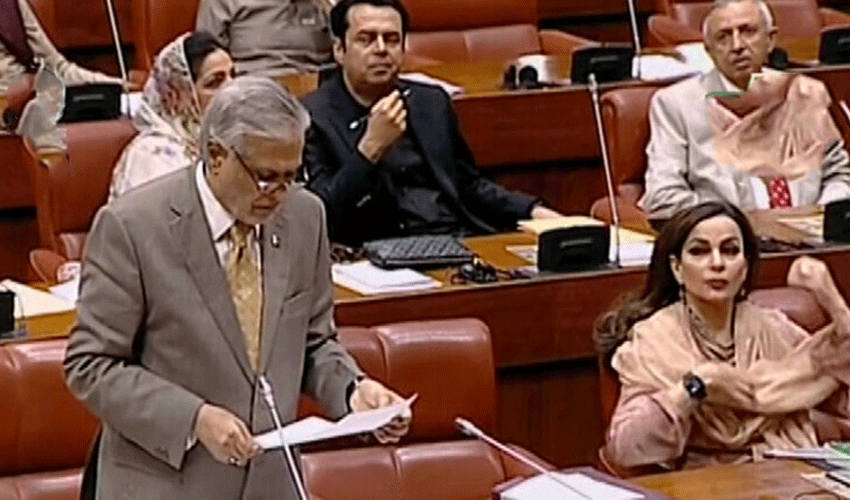A YouTuber with millions of followers has become one of Prime Minister Narendra Modi's most formidable opponents, not through his political candidacy, but through his relentless critique and digital activism.
Dhruv Rathee's incisive analyses and unwavering commentary on Modi's policies have garnered a significant audience, challenging the popularity of one of India's most powerful leaders.
Following the outcomes of the 2024 elections, Rathee expressed his opinions on X, formerly known as Twitter.
“Never underestimate the power of a common man,” Rathee wrote in a post on X.
Never underestimate the power of a common man ✊
— Dhruv Rathee (@dhruv_rathee) June 4, 2024
This transformation from a YouTuber to a significant voice in political discourse underscores the transformative power of digital platforms in influencing public opinion and political outcomes.
Who is Dhruv Rathee?
Rathee, who presently resides in Germany and possesses a degree in mechanical engineering, commenced his YouTube career by producing content on a diverse range of subjects, including travel and technology. Over time, he began to focus more on political commentary, using his platform to scrutinize and question the actions of the Modi administration.
Rathee's rise to fame can be largely attributed to his active presence on social media, especially YouTube. Rathee quickly gained a large following with his knack for simplifying complex political issues and presenting them in an engaging manner.
His videos, which are often incisive and well-researched, often critique government policies and highlight social issues, resonate with millions of viewers, especially the younger demographic. As his subscriber base expanded, so did his impact.
From an admirer to a critic
Dhruv Rathee's journey from a Modi admirer to a stalwart critic is a reflection of the changing political landscape in India.
When Narendra Modi first came into power, Rathee had just finished high school and was moving to Germany to pursue a degree in mechanical engineering.
Rathee was also a supporter of Modi, who promised economic reforms and anti-corruption measures. Nevertheless, over time, Rathee grew dissatisfied with Modi's administration, particularly with the policies that he perceived to be divisive and detrimental to the democratic fabric of the nation.
Also Read: YouTuber Dhruv Rathee reacts to India's 2024 election results
His doubts began to creep in when in 2015, when the Modi government was found to be at the centre of a dispute with the AAP state government over control over an anti-corruption helpline, which was introduced by the Aam Aadmi Party (AAP) — a national opposition party but in power in Delhi.
That was a highly shocking moment for me. I realized that Modi was not interested in removing corruption from India.
Rathee says his frustrations were further compounded when he saw that many mainstream TV channels were showing a deep bias in favour of Modi and the BJP.
Developing a voice in politics
Against this backdrop, Dhruv Rathee uploaded his initial political commentary on YouTube on 16 September 2016. The video, shot entirely on his phone, scrutinized the BJP's IT cell and its alleged use of information and misinformation to shape political narratives. It examined the BJP's use of information and misinformation to shape political narratives.
He highlighted tactics such as edited photos, manipulated videos, fake quotes, and paid posts used to make themes trend on social platforms.
At the time of his solo work, the video's production quality was relatively substandard in comparison to his current work.
Subsequently, Rathee has not retreated. Over the course of the past eight years, he has uploaded approximately 650 videos to his primary YouTube channel.
Many of his political videos have received thousands of views. His content explores historical events, such as World War II, or current issues, such as India's severe heatwave. However, his primary focus remains on politics.
“I find it more enjoyable to produce educational videos and travel vlogs, however, this is not the time to remain unaffected,” he informed Al Jazeera.
The impact of Rathee on politics
His unwavering criticism and meticulous examinations of the government's shortcomings resonated with a significant segment of the electorate, particularly among the younger and first-time voters.
Modi's lead, which had been significant in the previous two elections, was dramatically reduced in 2024. Although Modi was able to retain his seat, the diminished margin was a clear indication of a shift in voter sentiments, partly influenced by Rathee's persistent advocacy for accountability and transparency.
Dhruv Rathee represents a new type of political activism in India, one that uses digital platforms to reach and influence the masses.
Unlike traditional media, which can often be subject to diverse biases and constraints, platforms like YouTube and Twitter allow individuals like Rathee to present unfiltered views and foster informed public debate.
I take criticism from well-meaning people very seriously. He told Al Jazeera, “In some of my earlier videos, I mixed facts with opinions, but that has changed now.”
How Rathee functions and its impact
Until 2020, he was completely independent, from scripting to editing. He says that the disadvantage was that I also made a lot of mistakes in my videos.
Currently, Rathee collaborates with a team comprising researchers, scriptwriters, and video editors. We have implemented different systems to ensure factual accuracy. Furthermore, the overall production quality has greatly improved.
The case of Dhruv Rathee is indicative of a broader trend in Indian politics, where digital influencers are becoming significant players. As traditional political campaigns adapt to this new reality, the role of social media in shaping political outcomes is expected to increase.
Rathee's journey from a Modi supporter to a critical voice in politics is an indication of the dynamic and evolving nature of political engagement in India.
Dhruv Rathee's story is not just about a YouTuber who influenced an election, but also about a YouTuber who influenced the election. It examines the importance of information, accountability, and the evolving nature of democracy in the digital age.



























